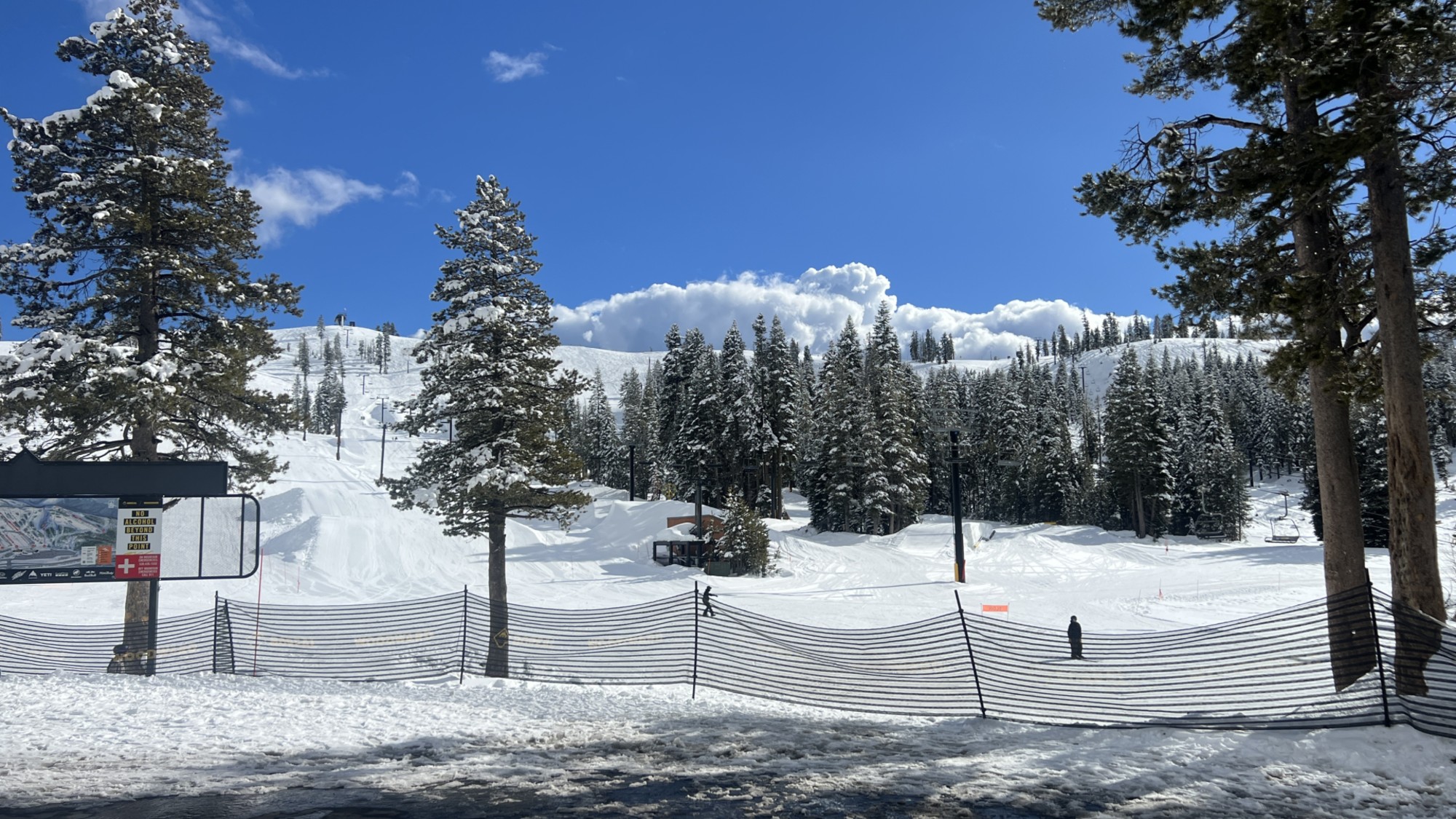The Food of a Younger Land by Mark Kurlansky
"Would you please pass the fried beaver tail?" Mark Kurlansky's book on the eating habits of earlier Americans is based on a project commissioned by the Federal Writers Project during the Depression.
A free daily email with the biggest news stories of the day – and the best features from TheWeek.com
You are now subscribed
Your newsletter sign-up was successful
(Riverhead, 397 pages, $28)
Americans don’t make fried beaver tail the way they used to, says author Mark Kurlansky. Just 70 years ago, a family pulling off the highway for a quick bite could expect to find peanut soup in Virginia, sour-milk doughnuts in Vermont, and abalone steak in San Francisco. If they asked around, they might find an Arkansan who knew how many flying squirrels belong in a Mulligan stew or a Nebraskan eager to explain why Bostonians were pikers when it came to baked beans. As it happens, the head of the Depression-era Federal Writers Project sensed even then that regional food customs were vanishing. The last project that the agency commissioned was a never-published survey of America’s culinary landscape. Kurlansky stumbled upon the project files at the Library of Congress.
The greatest-hits compendium that Kurlansky culled from that 2-foot stack of manuscripts takes us back “in a savory, scary, and sometimes funny way to what Americans of an earlier era ate,” said Jack Thomas in The Boston Globe. Besides teaching us that the roasted skin of a beaver tail will peel like a banana, the book reminds us that almost nobody in our grandparents’ day was watching their intake of sodium, cholesterol, and saturated fat. Nelson Algren and Zora Neale Hurston are among the great writers whose contributions made the cut, and one of “the more delightful essays” is a study of antebellum recipes by Eudora Welty.
The Week
Escape your echo chamber. Get the facts behind the news, plus analysis from multiple perspectives.

Sign up for The Week's Free Newsletters
From our morning news briefing to a weekly Good News Newsletter, get the best of The Week delivered directly to your inbox.
From our morning news briefing to a weekly Good News Newsletter, get the best of The Week delivered directly to your inbox.
Food From a Younger Land “is no literary trove,” though, said Jonathan Miles in The New York Times. “Of the 4,500 writers employed by the FWP in 1938, only 29 were ‘established,’ and it shows.” Most of the book reads as if it were yanked straight from a hobbyist’s food blog. More troubling is that Kurlansky’s complaint about American food’s homogenization simply doesn’t ring true, said authors Jane and Michael Stern in the San Francisco Chronicle. We’ve traveled the country for 30 years writing about food, and can report that Indiana persimmon pudding, Carolina oyster roasts, and Rhode Island johnnycakes are still out there. Rather than lamenting their disappearance, Kurlansky could be celebrating them.
A free daily email with the biggest news stories of the day – and the best features from TheWeek.com
-
 Democrats seek calm and counterprogramming ahead of SOTU
Democrats seek calm and counterprogramming ahead of SOTUIN THE SPOTLIGHT How does the party out of power plan to mark the president’s first State of the Union speech of his second term? It’s still figuring that out.
-
 Climate change is creating more dangerous avalanches
Climate change is creating more dangerous avalanchesThe Explainer Several major ones have recently occurred
-
 What’s TrumpRx and who is it for?
What’s TrumpRx and who is it for?The Explainer The new drug-pricing site is designed to help uninsured Americans
-
Also of interest...in picture books for grown-ups
feature How About Never—Is Never Good for You?; The Undertaking of Lily Chen; Meanwhile, in San Francisco; The Portlandia Activity Book
-
Author of the week: Karen Russell
feature Karen Russell could use a rest.
-
The Double Life of Paul de Man by Evelyn Barish
feature Evelyn Barish “has an amazing tale to tell” about the Belgian-born intellectual who enthralled a generation of students and academic colleagues.
-
Book of the week: Flash Boys: A Wall Street Revolt by Michael Lewis
feature Michael Lewis's description of how high-frequency traders use lightning-fast computers to their advantage is “guaranteed to make blood boil.”
-
Also of interest...in creative rebellion
feature A Man Called Destruction; Rebel Music; American Fun; The Scarlet Sisters
-
Author of the week: Susanna Kaysen
feature For a famous memoirist, Susanna Kaysen is highly ambivalent about sharing details about her life.
-
You Must Remember This: Life and Style in Hollywood’s Golden Age by Robert Wagner
feature Robert Wagner “seems to have known anybody who was anybody in Hollywood.”
-
Book of the week: Astoria: John Jacob Astor and Thomas Jefferson’s Lost Pacific Empire by Peter Stark
feature The tale of Astoria’s rise and fall turns out to be “as exciting as anything in American history.”